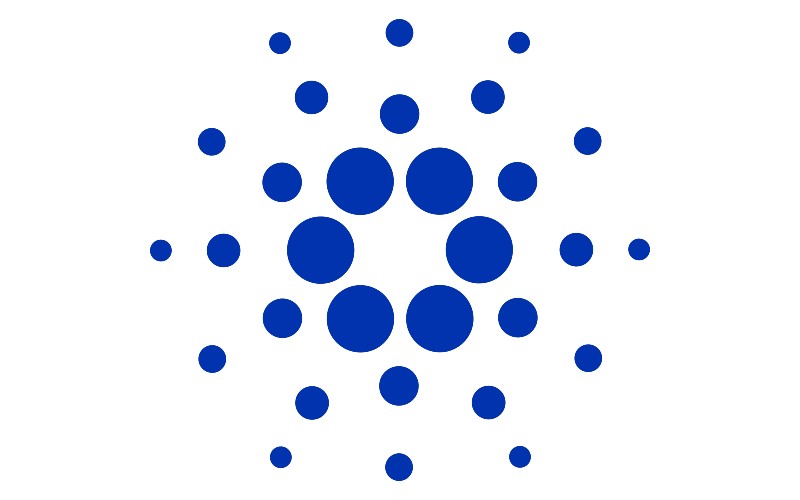A Proof-of-Stake (PoS) blockchain platform which considers itself to be an updated version of Ethereum and allows developers to create decentralised applications (dApps).
Mission
An open-source project with the goal of helping to create a society that is more secure, transparent and fair, ADA is its native token.
Its stated aim is to allow “changemakers, innovators and visionaries” to bring about positive global change and “redistribute power from unaccountable structures to the margins to individuals”.
ADA is designed to allow owners to participate in the operation of the network, with those holding the cryptocurrency possessing voting rights over any proposed changes to the software.
Use-cases
As with Ethereum, Cardano allows for the creation of smart contracts – computer programs which are not only transparent, but capable of responding to real-world developments according to pre-set conditions. This does away with the need for intermediaries between contractors and reduces transaction costs.
For example, Cardano is used by agricultural companies to track crops from planting to plate; to store educational credentials; and clamp down on counterfeit retail goods.
Cardano is one of the biggest blockchains to successfully use a proof-of-stake consensus mechanism, which is less energy intensive than the proof-of-work algorithm relied upon by Bitcoin. Although the much larger Ethereum is going to be upgrading to PoS, this transition is only going to take place gradually.
It is also aiming to provide smartphone-enabled banking services to the billions of people who are unable to open a traditional bank account.
Founders
Charles Hoskinson, one of the co-founders of Ethereum, launched Cardano and its ADA token in 2017 via parent company IOHK.
Recognising that Proof-of-Work (PoW) networks like Ethereum are limited by the infrastructure burden of growing costs, energy use and slow transaction times, the mathematician based it on PoS.
Economics
There is a maximum supply of 45 billion ADA. IOHK held approximately 2.5bn at launch with an additional 2.1bn given to Emurgo, a global blockchain technology company which helped found the Cardano protocol.
There have been several public sales of the token, while 648m was given to the not-for-profit Cardano Foundation, which aims to promote the platform and increase levels of adoption.
